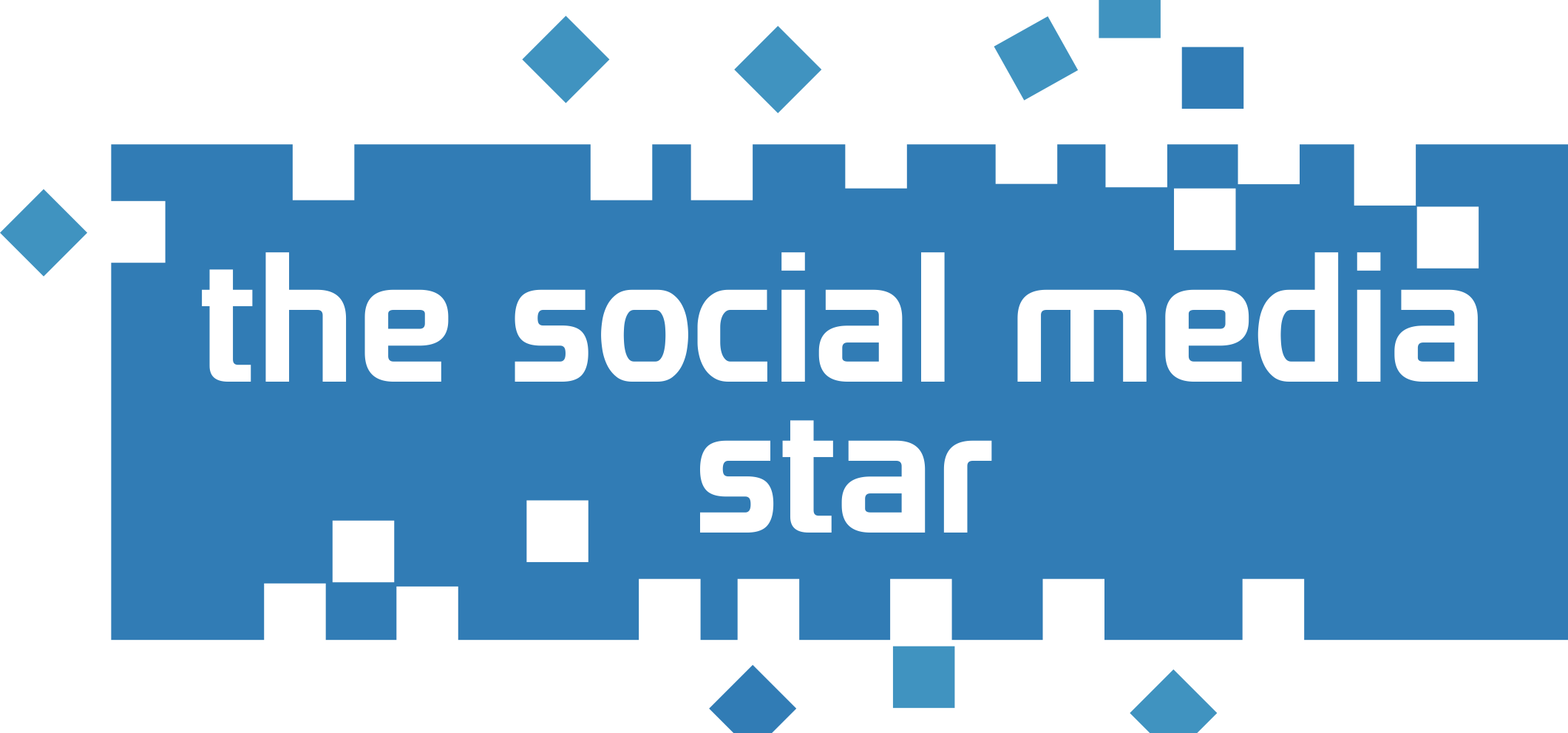With A Five-Song Mini-Album, Lord Pays Tribute To Indigenous New Zealanders.
Key Sentence:
- The project entitled Te Ao Mārama looks at five songs of solar energy present in te Reo Māori.
Last month, Lord released his long-awaited third album, Solar Power, which celebrates the beauty of nature. Now the pop star has released a five-song mini-album sung in Te Reo Māori, the mother tongue of his native New Zealand.
The accompanying album, titled Te Ao Mārama, which translates as “World of Light. Contains cover versions of “The Path,” “Solar Power” Solar Power, “Stoned at the Nail Salon” “Fallen Fruit” and “Oceanic .”. Feeling. Each song is translated into the local language with the help of native speakers, linguists, and Maori elders.
In the email announcing the release, Lord stated that “their value system for caring for and listening to nature stems from traditional Maori principles.”
“In te reo, there is a word for it:kaitiakitanga. Which means something like “to guard or care for the sky, sea, and land.”
“I’m not a Maori, but all New Zealanders Mini-Album grew up with elements of that worldview,” he wrote. “I know that I am a person who represents New Zealand in several ways around the world. When making an album about my origins, it was important for me to be able to say: This is what made us who we are here.”
Speaking to Spinoff, Lord – who doesn’t speak the language very well – said he was nervous about taking on the project. “This (te Reo Māori) is not a big part of my life, and it is something. That makes me feel sad and a little guilty,” he said.
Over the past 150 years, the New Zealand government has made many efforts to eradicate the language. Leading some Maoris to believe that Indigenous peoples should only speak te Reo Māori. However, others hope the language can be celebrated across the country.
Lorde brought several Maori speakers to the project to pay homage, including singers Hinewehi Mohi, Hannah Mereraiha, and Hemi Kelly. “It’s scary to start a journey, but I think that’s my thing; I’m at the beginning, and this project is a starting point. I feel great doing this. It was emotional.
He continued, “I think the most important thing is to do such a project with integrity. If we break down all these people’s fears, we’ll get a unique perspective on ourselves and how we fit into the world, and you’ll no longer see posters that say, “Stop puffing up Maori throats.” Finally.”

